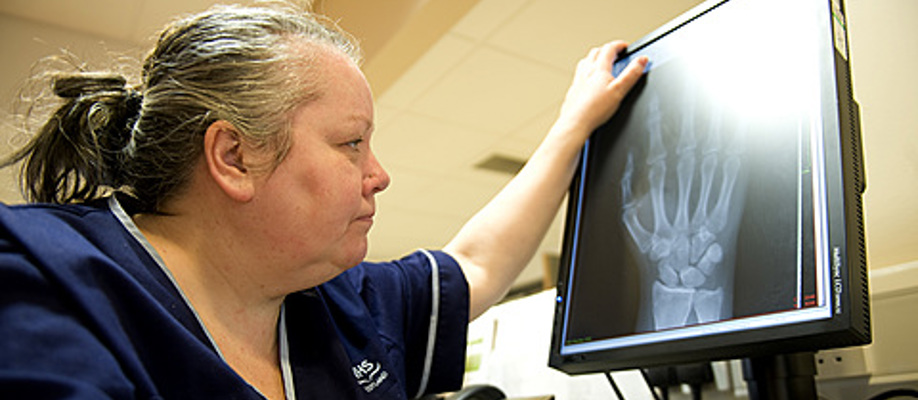
Advanced practice
In this section we explore Advanced practice roles and the evolving pathways to achieving them.
What is advanced practice?
Advanced practice refers to a level of practice rather than being related to a specific area of clinical practice, specialty, or profession. Advanced practitioners are experienced registered health professionals who have completed postgraduate education at Masters level in advanced practice. This education builds on their existing professional knowledge and shares knowledge across professions.
How to become an advanced practitioner
Develop your knowledge and skills
A good first step is to use the Level 7 DNAT and advanced level practice sign-off tool to identify areas for further development.
Reach out to your local advanced practice lead for guidance and explore potential shadowing opportunities to gain insight into advanced practice roles.
Complete an academic programme
Scotland offers a variety of academic programmes designed to help you become an advanced practitioner. Currently, 10 Higher Education Institutes offer advanced practice programmes aligned with the requirements of the Scottish Government and NHS Education for Scotland.
For more details, visit the Advanced Practice Toolkit.
Gain qualifications
You may need to obtain a Post Graduate Diploma in Advanced Clinical Practice, an independent prescribing qualification, and an MSc in a relevant subject.
Types of advanced practice roles
Advanced practice roles exist across various professions and sectors in Scotland and new roles continue to emerge in response to evolving service models and demands.
Examples of advanced practice roles include:
- Advanced Nurse Practitioner
- Advanced Pharmacist Practitioner
- Advanced Paramedic Practitioner
- Advanced Physiotherapy Practitioner
Advanced Practice Trainee role
One of the most effective ways to become an advanced practitioner is to secure a trainee position. These roles provide support through a master’s level advanced practice program whilst providing supervised practice.
To increase your chances of securing a trainee role, it’s important to:
- Conduct thorough research on the role you're interested in.
- Arrange a meeting with an existing advanced practitioner to gain insights into their work.
Preparing for an Advanced Practitioner role
When applying for an advanced practitioner position, you will likely be required to attend an interview. Some employers may also ask you to complete a simulated clinical scenario as part of the interview process.
To improve your application and make yourself a strong candidate:
- Demonstrate your ability to study at the Master's level, such as by completing a master's-level module.
- Document your learning and development in a professional portfolio, such as Turas Professional Portfolio, to showcase your ongoing professional practice aligned with the competencies in the Framework.
Finding Advanced Practitioner roles
The NHSScotland Jobs site is a great resource for finding advanced practitioner and trainee roles. These positions may be specific to a particular profession or may involve multi-professional practice.

